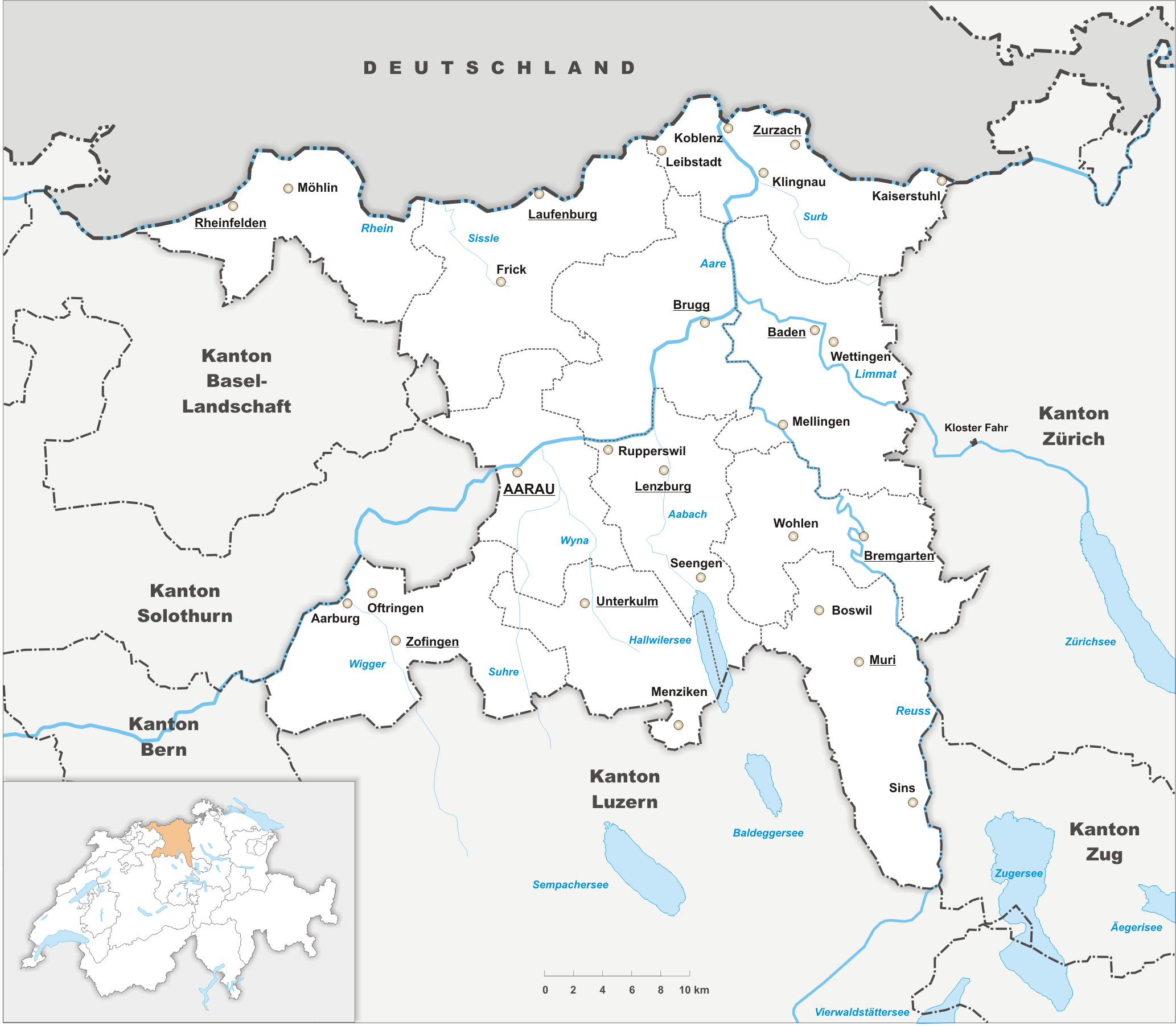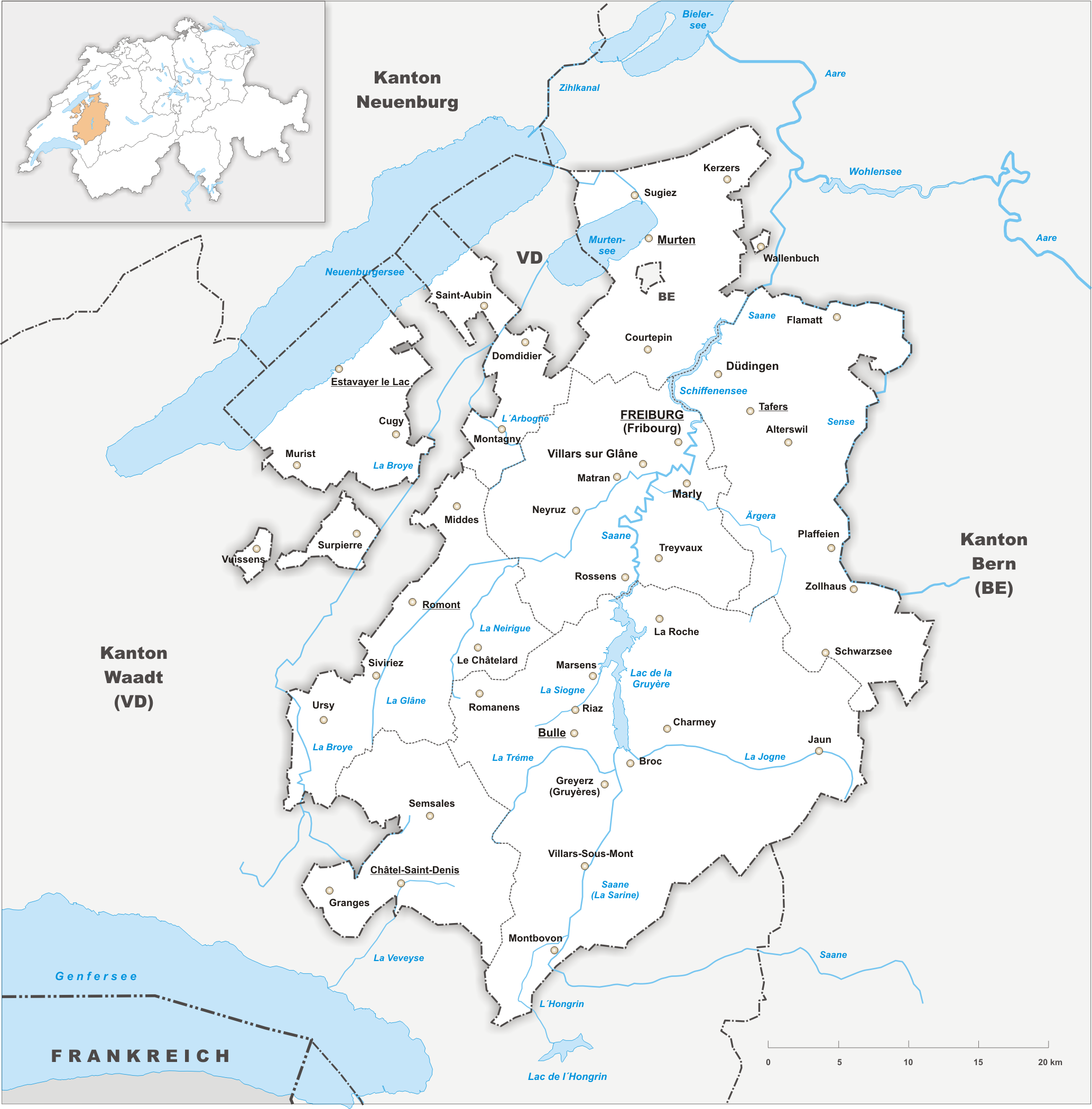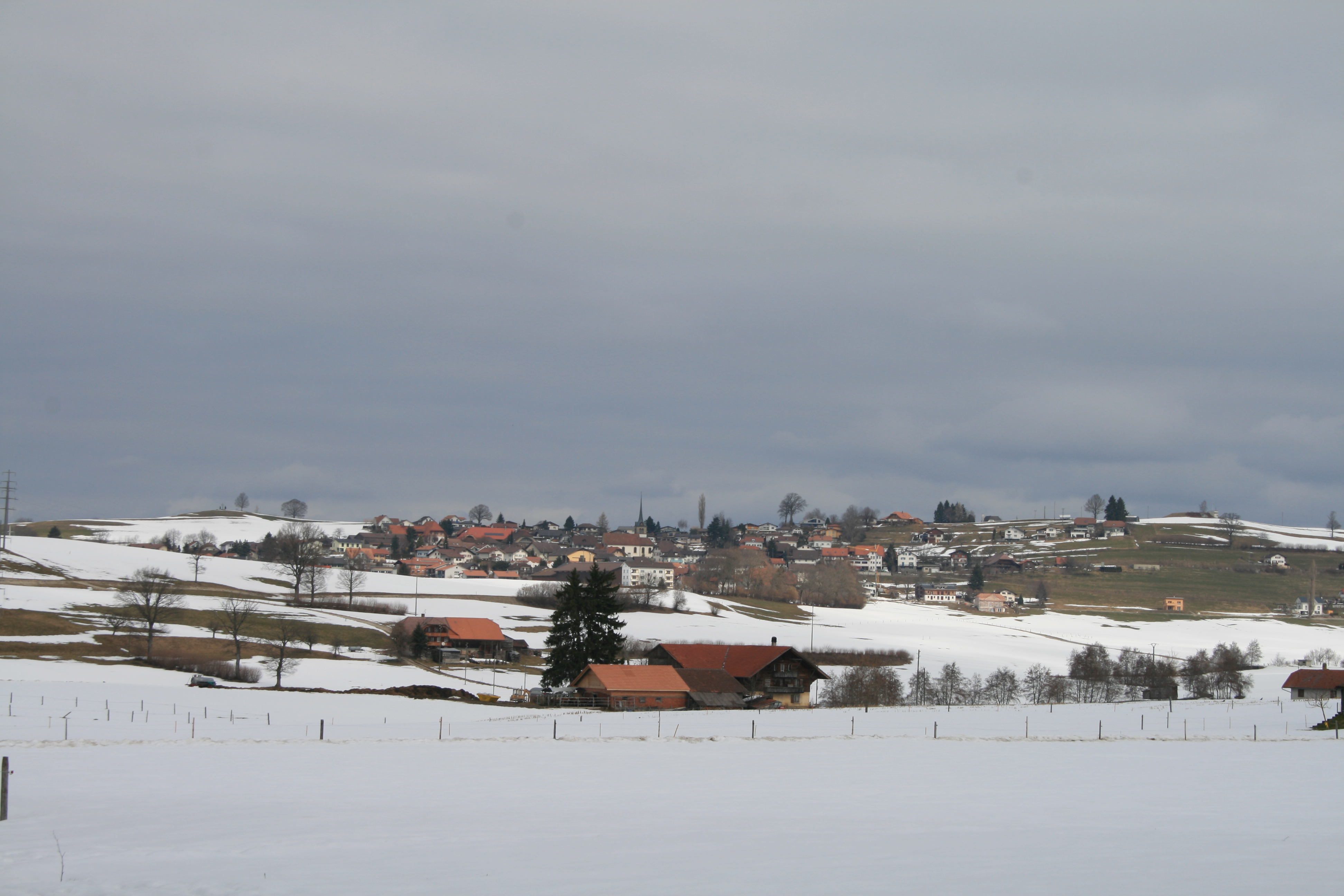|
Lutz Fischer-Lamprecht
Lutz Fischer (born November 1, 1967) is a German-born Swiss pastor and politician ( EVP). He serves on the Grand Council of Aargau for the Evangelical People's Party of Switzerland since 2019. Additionally he serves on the municipal council of Wettingen where he is also pastor. He is the son of Werner Fischer and brother to German politician Axel Fischer. Early life and education Lutz Fischer grew up in Stutensee and attended school there. His father is Werner Fischer, one of his two brothers is Axel Fischer. After graduating from the , he studied protestant theology in Neuendettelsau, Marburg and Munich. Career From 1995 to 1997 he was vicar in Sandhausen, after which he worked as a self-employed insurance advisor until the end of 1998 and completed his training as an insurance specialist (BWV). He held his first pastoral position in Rechthalten in the Canton of Fribourg and was ordained Verbi Divini Minster (VDM) by the Evangelical Reformed Church of the canton of Fribour ... [...More Info...] [...Related Items...] OR: [Wikipedia] [Google] [Baidu] |
Grand Council Of Aargau ...
The Grand Council of Aargau (german: Grosser Rat) is the legislature of the canton of Aargau, in Switzerland. Aargau has a unicameral legislature. The Grand Council has 140 seats, with members elected every four years. The most recent election was on October 18, 2020. Parties At the elections between 1997 and 2020 the parties won the following number of seats and votes: Members * List of members of the Grand Council of Aargau (2021–2024) References External links *Grand Council of Aargau official website {{DEFAULTSORT:Grand Council Of Aargau Aargau Politics of Aargau Aargau Aargau, more formally the Canton of Aargau (german: Kanton Aargau; rm, Chantun Argovia; french: Canton d'Argovie; it, Canton Argovia), is one of the 26 cantons forming the Swiss Confederation. It is composed of eleven districts and its capita ... [...More Info...] [...Related Items...] OR: [Wikipedia] [Google] [Baidu] |
Marburg
Marburg ( or ) is a university town in the German federal state (''Bundesland'') of Hesse, capital of the Marburg-Biedenkopf district (''Landkreis''). The town area spreads along the valley of the river Lahn and has a population of approximately 76,000. Having been awarded town privileges in 1222, Marburg served as capital of the landgraviate of Hessen-Marburg during periods of the fifteenth to seventeenth centuries. The University of Marburg was founded in 1527 and dominates the public life in the town to this day. Marburg is a historic centre of the pharmaceutical industry in Germany, and there is a plant in the town (by BioNTech) to produce vaccines to tackle Covid-19. History Founding and early history Like many settlements, Marburg developed at the crossroads of two important early medieval highways: the trade route linking Cologne and Prague and the trade route from the North Sea to the Alps and on to Italy, the former crossing the river Lahn here. A fi ... [...More Info...] [...Related Items...] OR: [Wikipedia] [Google] [Baidu] |
Living People
Related categories * :Year of birth missing (living people) / :Year of birth unknown * :Date of birth missing (living people) / :Date of birth unknown * :Place of birth missing (living people) / :Place of birth unknown * :Year of death missing / :Year of death unknown * :Date of death missing / :Date of death unknown * :Place of death missing / :Place of death unknown * :Missing middle or first names See also * :Dead people * :Template:L, which generates this category or death years, and birth year and sort keys. : {{DEFAULTSORT:Living people 21st-century people People by status ... [...More Info...] [...Related Items...] OR: [Wikipedia] [Google] [Baidu] |
1967 Births
Events January * January 1 – Canada begins a year-long celebration of the 100th anniversary of Canadian Confederation, Confederation, featuring the Expo 67 World's Fair. * January 5 ** Spain and Romania sign an agreement in Paris, establishing full consular and commercial relations (not diplomatic ones). ** Charlie Chaplin launches his last film, ''A Countess from Hong Kong'', in the UK. * January 6 – Vietnam War: United States Marine Corps, USMC and Army of the Republic of Vietnam, ARVN troops launch ''Operation Deckhouse Five'' in the Mekong Delta. * January 8 – Vietnam War: Operation Cedar Falls starts. * January 13 – A military coup occurs in Togo under the leadership of Étienne Eyadema. * January 14 – The Human Be-In takes place in Golden Gate Park, San Francisco; the event sets the stage for the Summer of Love. * January 15 ** Louis Leakey announces the discovery of pre-human fossils in Kenya; he names the species ''Proconsul nyanzae, Kenyapithecus africanus ... [...More Info...] [...Related Items...] OR: [Wikipedia] [Google] [Baidu] |
Aargau Politicians
Aargau, more formally the Canton of Aargau (german: Kanton Aargau; rm, Chantun Argovia; french: Canton d'Argovie; it, Canton Argovia), is one of the 26 cantons forming the Swiss Confederation. It is composed of eleven districts and its capital is Aarau. Aargau is one of the most northerly cantons of Switzerland. It is situated by the lower course of the Aare River, which is why the canton is called ''Aar- gau'' (meaning "Aare province"). It is one of the most densely populated regions of Switzerland. History Early history The area of Aargau and the surrounding areas were controlled by the Helvetians, a member of the Celts, as far back as 200 BC. It was eventually occupied by the Romans and then by the 6th century, the Franks. The Romans built a major settlement called Vindonissa, near the present location of Brugg. Medieval Aargau The reconstructed Old High German name of Aargau is ''Argowe'', first unambiguously attested (in the spelling ''Argue'') in 795. The ... [...More Info...] [...Related Items...] OR: [Wikipedia] [Google] [Baidu] |
Federal Assembly (Switzerland)
The Federal Assembly (german: Bundesversammlung, french: Assemblée fédérale, it, Assemblea federale, rm, Assamblea federala), also known as the Swiss parliament (''Parlament'', ''Parlement'', ''Parlamento''), is Switzerland's federal legislature. It meets in Bern in the Federal Palace. The Federal Assembly is bicameral, being composed of the 200-seat National Council and the 46-seat Council of States. The houses have identical powers. Members of both houses represent the cantons, but, whereas seats in the National Council are distributed in proportion to population, each canton has two seats in the Council of States, except the six 'half-cantons', which have one seat each. Both are elected in full once every four years, with the last election being held in 2019. The Federal Assembly possesses the federal government's legislative power, along with the separate constitutional right of citizen's initiative. For a law to pass, it must be passed by both houses. The two h ... [...More Info...] [...Related Items...] OR: [Wikipedia] [Google] [Baidu] |
Neuenhof, Aargau
Neuenhof is a municipality in the district of Baden in the canton of Aargau in Switzerland, located in the Limmat Valley (German: ''Limmattal''). History Neuenhof is first mentioned in 1393 as ''ob dem nuiwem Hof''. Geography Neuenhof has an area, , of . Of this area, 17.7% is used for agricultural purposes, while 51% is forested. Of the rest of the land, 26.2% is settled (buildings or roads) and the remainder (5.2%) is non-productive (rivers or lakes). The municipality is located in the Baden district, between the ''Heitersberg'' and the Limmat river. It consists of the village of Neuenhof along the former village stream, and the farming village of Rüsler as well as a new housing development. The municipalities of Baden and Neuenhof sought a merger by 1 January 2012 into a new municipality which would be known as Baden. [...More Info...] [...Related Items...] OR: [Wikipedia] [Google] [Baidu] |
Birmenstorf, Aargau
Birmenstorf is a municipality in the district of Baden in the canton of Aargau in Switzerland. History The first written mention of Birmenstorf dates to 1146. In 1415, the '' Eidgenossenschaft'' conquered the Aargau, and Birmenstorf as part of the Habsburg County of Baden came under their sovereignty. During the Reformation, about a third of the population converted to Protestantism. The choir of the old church with frescos dating to 1440 still exists . For over 600 years, vineyards have been cultivated in Birmenstorf. Archeology Archeological findings indicate that the area was inhabited as early as the Stone Age. The village proper was most likely founded by Alamanni settlers probably in the 6th century. Geography Birmenstorf has an area, , of . Of this area, 44% is used for agricultural purposes, while 36.8% is forested. Of the rest of the land, 15.8% is settled (buildings or roads) and the remainder (3.4%) is non-productive (rivers or lakes). The municipality is ... [...More Info...] [...Related Items...] OR: [Wikipedia] [Google] [Baidu] |
Canton Of Fribourg
The canton of Fribourg, also canton of Freiburg (french: Canton de Fribourg ; german: Kanton Freiburg ; frp, Canton de Fribôrg rm, Chantun Friburg it, Canton Friburgo) is located in western Switzerland. The canton is bilingual, with French spoken by more than two thirds of the citizens and German by a little more than a quarter. Both are official languages in the canton. The canton takes its name from its capital city of Fribourg. History On the shores of Lake Neuchâtel and Lake Morat significant traces of prehistoric settlements have been unearthed. The canton of Fribourg joined the Swiss Confederation in 1481. The area is made up of lands acquired by the capital Fribourg. The present extent was reached in 1803 when Murten (Morat) was acquired. The canton of Fribourg joined the separatist league of Catholic cantons in 1846 ( Sonderbund). The following year, its troops surrendered to the federal army. Geography The canton is bounded to the west by Lake Neuchâtel, to ... [...More Info...] [...Related Items...] OR: [Wikipedia] [Google] [Baidu] |
Rechthalten
Rechthalten is a municipality in the district of Sense, in the canton of Fribourg in Switzerland. It was known in French as ''Dirlaret'' ( frp, Drètlarèt ), but this name is no longer used. It is one of the municipalities with a large majority of German speakers in the mostly French speaking Canton of Fribourg. History Rechthalten is first mentioned in 1142 as ''Drallaris''. In 1173 it was mentioned as ''de Recto Clivo'', followed in 1180 by ''Dreitlaris'' and in 1250 it was ''Rehthalton''. Geography Rechthalten has an area of . Of this area, or 73.7% is used for agricultural purposes, while or 18.2% is forested. Of the rest of the land, or 7.1% is settled (buildings or roads), or 0.5% is either rivers or lakes and or 0.5% is unproductive land.Swiss Fede ... [...More Info...] [...Related Items...] OR: [Wikipedia] [Google] [Baidu] |
Sandhausen
Sandhausen () is a municipality in the district of Rhein-Neckar-Kreis, in Baden-Württemberg, Germany. It is situated south of Heidelberg. Geography Location Sandhausen belongs to the Rhein-Neckar Metropolitan region. It is known for its sand dune. History The first recorded mention of Sandhausen (or "Santhusen") was in . Sandhausen is named after the ice-age sand dunes that border the municipality. As early as Roman times, a settlement called "Lochheim" existed in the area. It was part of Bishopric of Speyer till 1262, when Otto von Bruchsal gave it to Ludwig II, Electoral Palatin. It was part of Oberamt Heidelberg in 1351. It was sacked by Baden and Württemberg troops at Mainz Diocesan Feud in 1462. It was again sacked by Spanish troops at Thirty Years' War in 1622 and by French troops at Nine Years' War in 1688. French ones remained in Sandhausen till 1697. After dying Bavarian branch of House of Wittelsbach with death of Maximilian III, Elector of Bavaria, Cha ... [...More Info...] [...Related Items...] OR: [Wikipedia] [Google] [Baidu] |
Munich
Munich ( ; german: München ; bar, Minga ) is the capital and most populous city of the German state of Bavaria. With a population of 1,558,395 inhabitants as of 31 July 2020, it is the third-largest city in Germany, after Berlin and Hamburg, and thus the largest which does not constitute its own state, as well as the 11th-largest city in the European Union. The city's metropolitan region is home to 6 million people. Straddling the banks of the River Isar (a tributary of the Danube) north of the Bavarian Alps, Munich is the seat of the Bavarian administrative region of Upper Bavaria, while being the most densely populated municipality in Germany (4,500 people per km2). Munich is the second-largest city in the Bavarian dialect area, after the Austrian capital of Vienna. The city was first mentioned in 1158. Catholic Munich strongly resisted the Reformation and was a political point of divergence during the resulting Thirty Years' War, but remained physicall ... [...More Info...] [...Related Items...] OR: [Wikipedia] [Google] [Baidu] |





